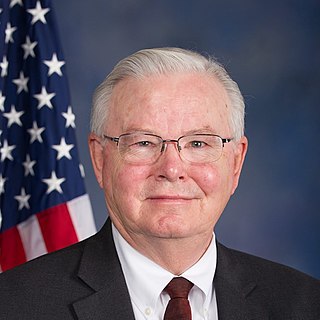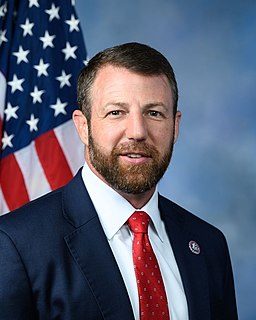A Quote by Rand Paul
I think there is some overreach in the sense that the EPA now says: if Congress doesn't pass greenhouse emissions regulations or testing, we'll simply do it on our own. I think that's an arrogance of a regulatory body run amok.
Related Quotes
Our battles against the EPA and other rogue federal agencies aren't about a desire for dirtier air or zero regulation. They are about our right as a state to control our own destiny and resist attempts by the administration to ramrod a wish list of regulations through agency heads instead of garnering approval from Congress.
I am troubled by the lack of common sense regarding carbon dioxide emissions. Our greatest greenhouse gas is water. Atmospheric spectroscopy reveals why water has a 95 percent and CO2 a 3.6 percent contribution to the 'greenhouse effect.' Carbon dioxide emissions worldwide each year total 3.2 billion tons. That equals about 0.0168 percent of the atmosphere's CO2 concentration of about 19 trillion tons. This results in a 0.00064 percent increase in the absorption of the sun's radiation. This is an insignificantly small number.
CO2 is a minor player in the total system, and human CO2 emissions are insignificant compared to total natural greenhouse gas emissions. Therefore, lowering human CO2 emissions will have no measurable effect on climate, and continued CO2 emissions will have little or no effect on future temperature....While controlling CO2 emissions from burning fossil fuels may have some beneficial effects on air quality, it will have no measurable effect on climate, but great detrimental effects on the economy and our standard of living.
What is "this drive"? It's the tendency to not simply accept things as they are but to want to think about them, to understand them. To not be content to simply feel sad but to ask what sadness means. To not just get a bus pass but to think about the economic reasons getting a bus pass makes sense. I call this tendency the intellectual.
































